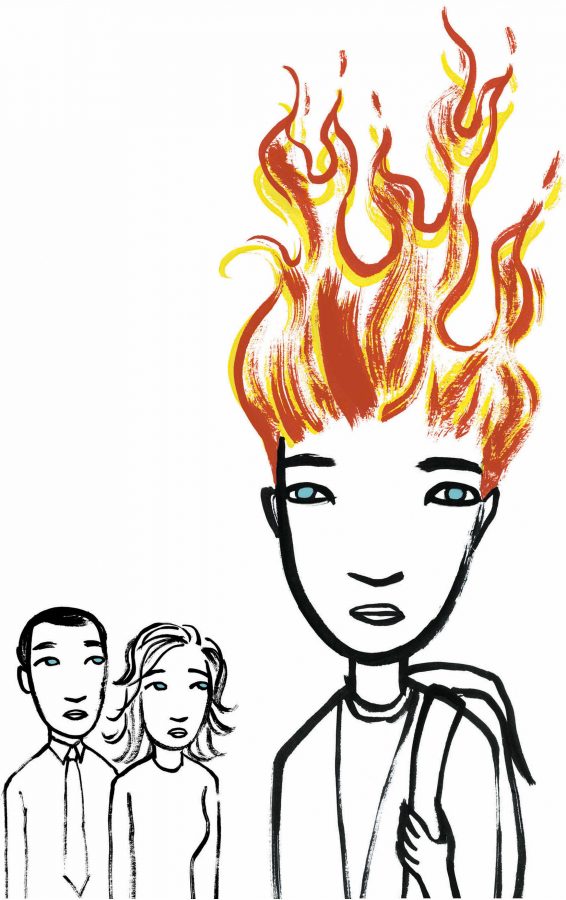In the wake of three student suicides in less than a year, Pitt is working to transform the way it combats the effects of mental illness.
Here on campus, Student Government Board, along with other student organizations, has formed a coalition with the University administration and the Counseling Center to focus on the mental health of the student body.
The goal of the coalition is to make the student body better aware of the realities surrounding mental illness and to help create a more open and supportive campus for students who may be anxious or depressed. The group plans to accomplish this through initiatives like a University-wide Mental Health Awareness Week and a mental health task force that will work on suicide prevention and getting help to the students who need it.
This coalition, and the mental health initiatives that will spawn from it, will set the foundations for a mentally healthy Pitt campus. However, to build from them will require the active support of the entire student body and faculty.
A top-down approach to mental health can only do so much. The people closest to those on campus with mental illness — the professors and peers who interact with them every day — need to help to facilitate an atmosphere of support.
Our campus can achieve such a support system by actively training students and professors to look for the signs of mental illness and how to help those who are affected by it.
Thankfully, through the new mental health initiatives, Pitt is already working to achieve this support system. According to Shawn Ahearn, spokesperson for Student Affairs, the University plans to train “faculty and academic advisors, student affairs staff, leaders of student organizations, members of the fraternity and sorority communities,” on mental health by issuing mandatory 90-minute training seminars.
Specifically, the training will focus on “recognizing signs of depression and the resources Pitt has to help students in need.”
This is crucial because, as John Jordan, a clinical psychologist from Pawtucket, Rhode Island, told WBUR, Boston’s NPR News Station, “The biggest barrier or the biggest cultural barrier we have to preventing suicide is not being able to talk about it.”
Giving the student body the skills it needs to do just that — talk about it — is extremely important, as one of our very own mental health campaigns of that same name echoes.
However, in order for the new initiatives on mental health to be as all-encompassing as possible, there needs to be a clear avenue to assistance that the University can provide to students with mental illness — this is where professors can play an essential role.
Currently, if a student is being treated with depression, he or she can receive academic accommodations for their symptoms via the University’s Disability Resources and Services , like for test-taking, according to Ahearn.
These accommodations the University provides are great for students, as depression can directly lead to faltering grades, according to MedlinePlus — which can only add to a student’s anxiety, worsening his or her depression.
All students need to be aware of these accommodations, but currently, Pitt does not list depression as being eligible for disability services on University syllabi.
In order to give students with mental illness all the support they need, professors and class syllabi must make it explicit that disability services can apply to students with depression.
It’s not enough to just provide the resources. We need to be able to get the people who need them to these resources — which can only be done if all students and all professors are on board.


